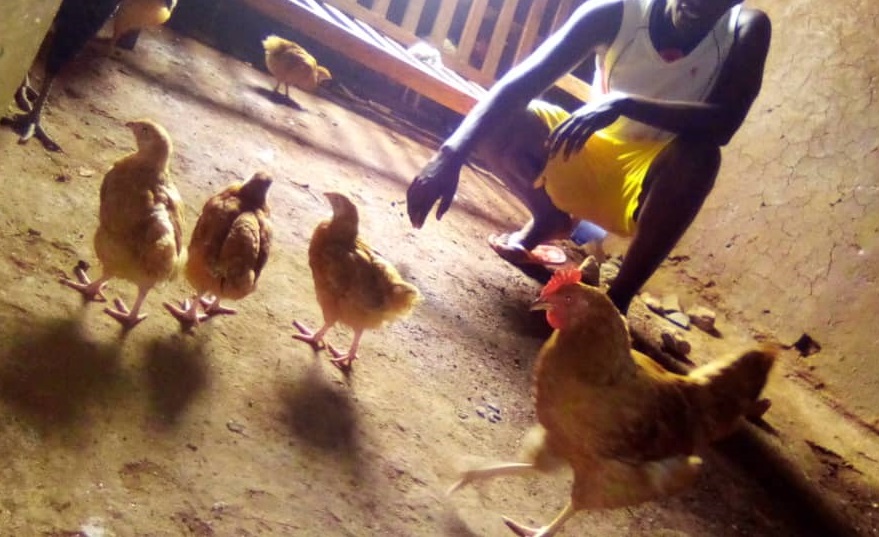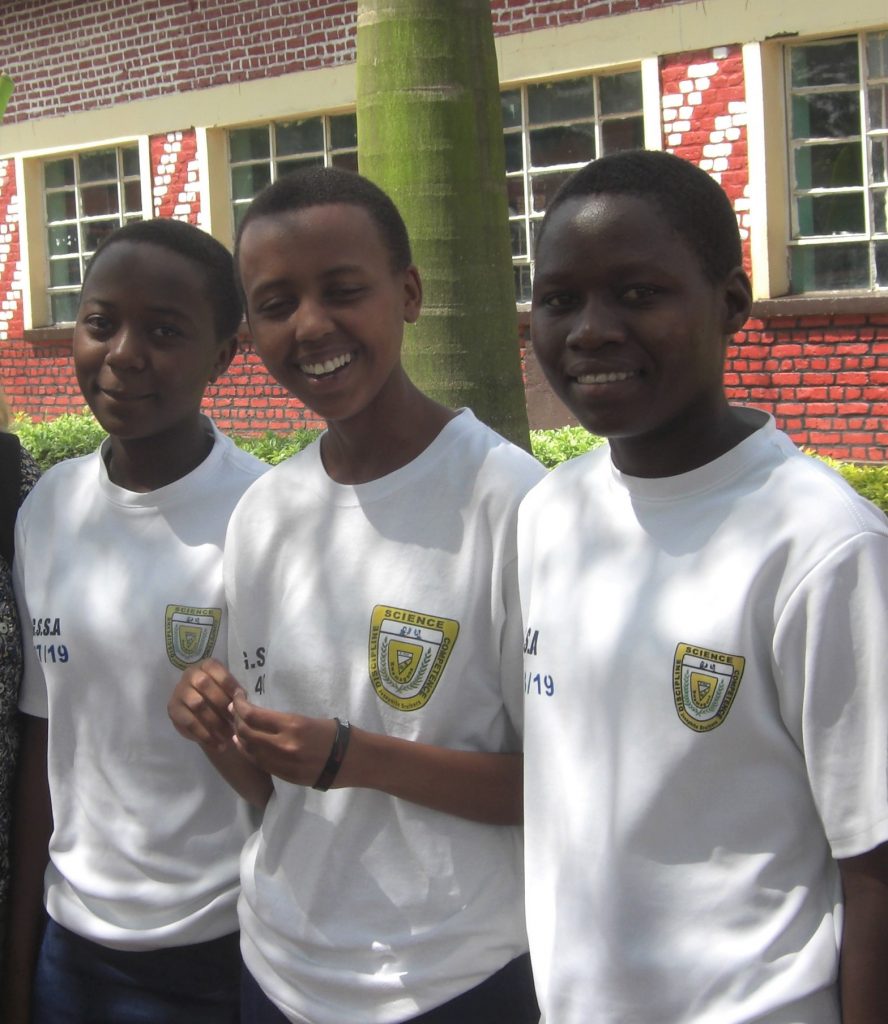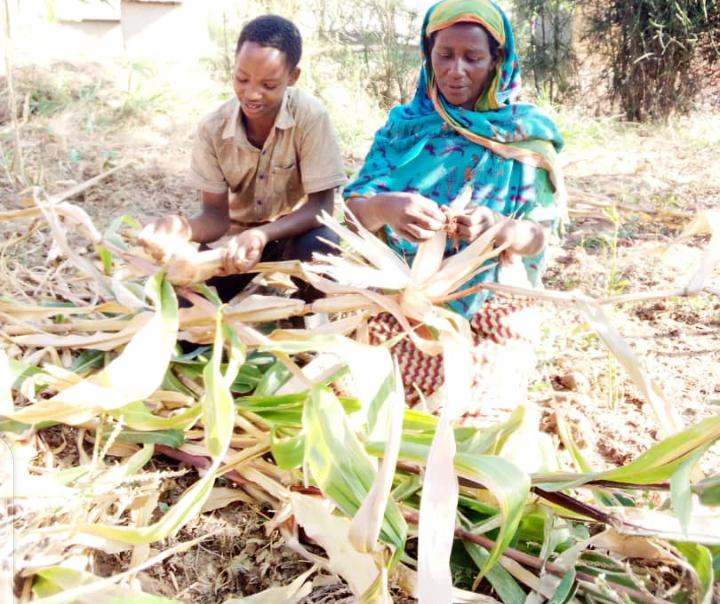

Earlier in the year, a survey was sent out to Forward Africa Education Trust (FAET) students. Their responses have been processed into the following report. We asked the students questions on topics relating to the pandemic, the issues that were caused by the lockdowns and their hopes for their education in both the short and long term. Their responses were varied, but patterns did emerge from the data that we observed. Here, we present our findings from our data.
Firstly, students were asked what caused them the greatest difficulties when learning from home. Most students answered that a lack of internet and technology resources were their greatest drawback to their learning over the lockdown. In particular, most students said that access to mobile data and a mobile phone/laptop would have allowed them to continue to effectively learn over the lockdown. Others mentioned not being able to talk to and receive feedback from teachers and a general lack of school materials being a significant factor in slowing their progress over the lockdown.

Next, students were asked what they thought the government and education authorities could have done better to facilitate their education over this period. Most students seemed to agree that the Rwandan educational authorities should have provided a more equal platform or should have made it easier for students to gain access to technology by either handing out laptops, mobile phones and mobile data or finding an alternative option.
We also asked the students if they thought the lockdown would damage their education in the long run. Most students held an optimistic view to the effect the pandemic would have on their education. Several stated that they would not be badly affected because they would have the opportunity to catch up on all the work they missed once they returned to school
Afterwards, students were asked what they wanted to achieve in their education in the short and long term and what they were going to try and do to achieve them. Their responses made clear that students thought that in the short term, the most important thing was catching up on work missed over the pandemic and performing well in their upcoming examinations. Most students had high ambitions for their education post-high school, with many planning to attend universities both local and abroad to study subjects as varied as Medicine, Computer Science and Economics. Students also made it clear that they were willing to work hard in order to achieve their goals. They mentioned learning new skills such as teamwork as well as Networking and Internships as ways to achieve their hopes and dreams.

These results have made it clear to us students desperately require financial support in order to attend university. However, Students also said that other forms of support could greatly aid them. The need for computer and IT skills became apparent as well as the desire for language learning and online resources. All of these forms of support could greatly aid a student in their education.
Furthermore, Students expressed a strong wish for the continuing support of FAET and its local partners when asked if they thought they had the support they needed. A few also mentioned government sponsorships for university courses in order to finance their university fees.
From this, we are able to draw a picture of the student’s goals, aspirations and means to achieve them. However, we thought we might also ask them some other additional questions regarding the pandemic and it’s impacts. The first of which was if the students thought the pandemic had highlighted technological inequalities. The answer here was an almost unanimous yes. In particular, the healthcare sector was mentioned as an area that showed technological inequalities present not just in Rwanda, but around the world.

The second of these questions regarded the impacts of the pandemic on people. We asked what group(s) of people the students thought were most impacted by the pandemic. The students mentioned a wide variety of people in their answers: from casual workers, students and teachers to the elderly, those employed in the private sector and the unemployed.
The students were also asked about what challenges the lockdown created that people abroad in the UK might not know about. It was quite clear that the complete absence of education was a major point most students bought up as well as a lack of food and work. Many also referenced loneliness and isolation. Also mentioned were the closing of facilities and a rise in the rates of pregnancies in Rwanda.

Students were also asked what their opinion on the potential positive and negative side effects the lockdown might have. While there was a noticeable division between students, it was clear that slightly more students thought the pandemic would have some positive side effects like a general increase in cooperation and being able to spend more time with family. However, there were many who said that nothing good could ever come out of something like the pandemic.
To conclude, our survey indicates that our students faced a difficult period in the lockdowns as many were unable to access any educational materials online. They made it clear that they required the continuing support of FAET in order to have a decent education and support to continue their education beyond secondary school.
